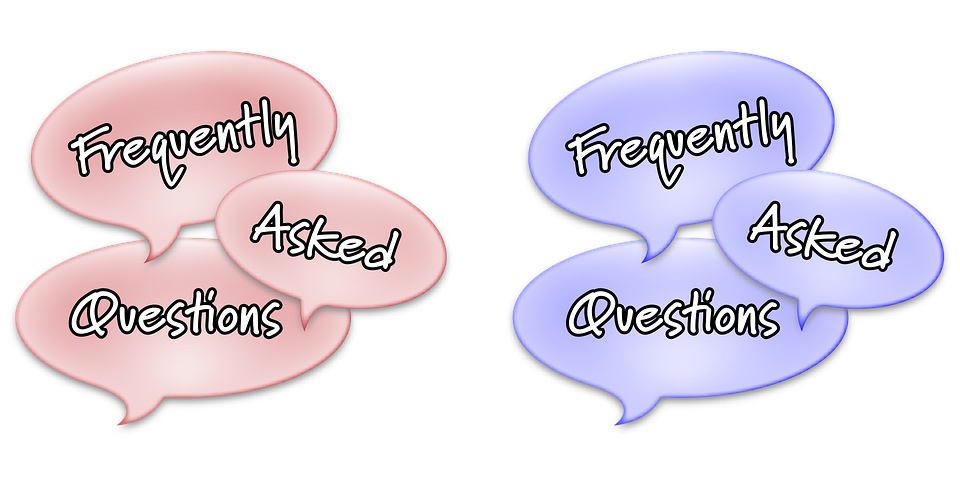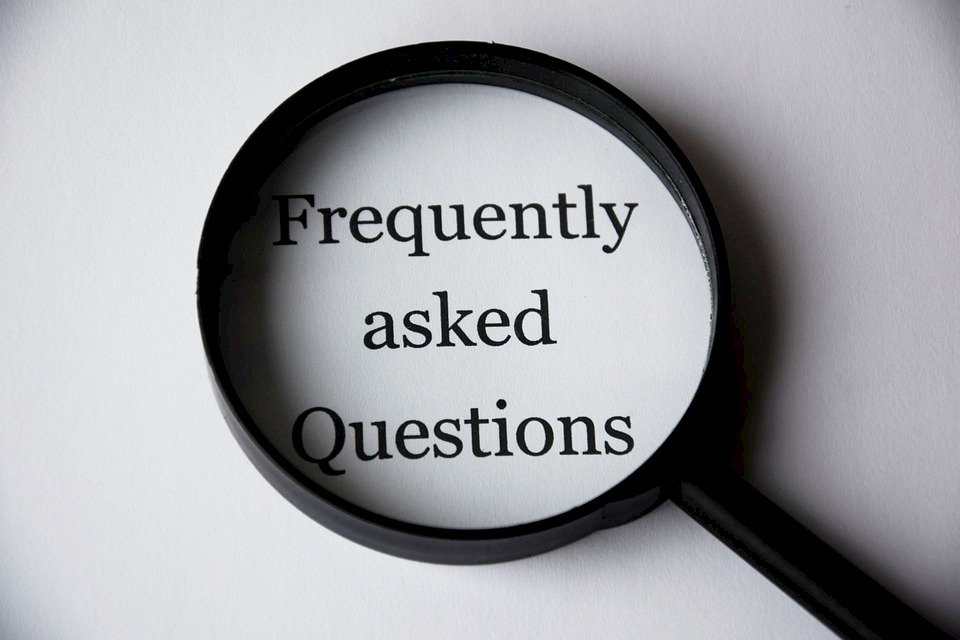The FAQs about Korea TESOL
Written by Dr. David E. Shaffer
FAQ 1: What is the difference between “KOTESOL” and “Korea TESOL”?
Both terms are used to refer to the same organization. They are both shortenings of the inelegantly long full name: Korea Teachers of English to Speakers of Other Languages. Its lesser-known name in Korean is Taehan-yeongeo-gyoyuk-hakhoe (대한영어교육학회), but it is more often written as 코테솔 (KOTESOL). There is no difference between “KOTESOL” and “Korea TESOL,” except that the latter is longer (in both letters and syllables) and is therefore considered a bit more formal. As you can see, both were used to begin this article, but “KOTESOL” is probably more common in everyday use.
FAQ 2: Does KOTESOL provide English teaching certificate courses?
Though KOTESOL is a professional development association for teachers, it is not in the business of conducting certificate courses in teaching English. KOTESOL frequently gets inquiries asking about its “TESOL courses.” The misunderstanding centers on “TESOL” being the acronym for two different yet similar things. One is used in the names of teachers’ groups: Teachers of English to Speakers of Other Languages (as above). The other “TESOL” is the profession: Teaching English to speakers of other languages – this is the “TESOL” in “TESOL certificate course.” To add to the confusion, TESOL International, the worldwide teachers’ association of which KOTESOL is the national affiliate, does offer online TESOL certificate courses for professional development.
FAQ 3: Must teachers have a TESL degree to join KOTESOL?
A university degree in TESL (teaching English as a second language) – basically the same thing as the second meaning of “TESOL” – is not a requirement to become a member of KOTESOL. In fact, when KOTESOL and its predecessor were formed back in the early 1990s and 1980s, respectively, very few universities in English-speaking countries offered degrees in teaching English as a second or foreign language. Therefore, very few expats had degrees in TESL – BA, MA, or PhD. Though many Korean universities do offer degrees in “English education,” this was never a requirement either to become a KOTESOL member.
FAQ 4: Must one have a doctorate to become a KOTESOL member?
No doctoral degree, neither a PhD nor an EdD, is a requirement for KOTESOL membership. While other English education associations in Korea do have a substantial number of doctorate holders among their membership, and especially among their leadership, this is not the case with KOTESOL. The concentration of master’s and doctorate degrees is steadily increasing among KOTESOL members, but neither is required for membership.

FAQ 5: Is KOTESOL only for university professors?
Teaching at a university is not a KOTESOL membership requirement. While approximately half of KOTESOL members do have positions at universities, this is probably in large part due to expats new to teaching in Korea not being so concerned about joining a teaching association. They may not know about KOTESOL, or they may not intend to make a career out of teaching English. Expat teachers in Korea who decide to make teaching a career tend to move from language academy and public school positions to university openings, and tend to become more interested in professional development and KOTESOL.
FAQ 6: Is KOTESOL only for expats and not for Koreans?
Of the dozen or so nationwide English teachers’ associations in Korea, KOTESOL is the one that most expat teachers join. Part of the reason for this may be that English is the official language of the KOTESOL. An additional reason may be that Koreans have so many other associations to choose from. Although the majority of KOTESOL members may be expats, KOTESOL makes efforts to increase its Korean membership.
FAQ 7: Is KOTESOL accepting of young teachers?
Most definitely. KOTESOL is a professional development-oriented organization, and it can easily be argued that young teachers are more in need of improving their teaching skills than older, more experienced teachers. KOTESOL is quite welcoming of young teachers, and of teachers of any age new to the profession. In fact, KOTESOL has a special membership category for undergraduate students.
FAQ 8: Is it true
that, while language academy and public school teachers may participate in
KOTESOL events, only university professors can have leadership roles?
Most definitely not. KOTESOL
values diversity and inclusiveness. While it is true that a considerable number
of KOTESOL leaders are affiliated with universities, the affiliations of
KOTESOL leadership percentage-wise very closely mirror those of the general
KOTESOL membership. In its ongoing efforts for inclusivity, KOTESOL has
recently created a diversity committee and also formed a gender equality
special interest group (SIG).
FAQ 9: Is KOTESOL only for Christians?
No, no, KOTESOL is not a group of missionaries. Though KOTESOL does not collect data on its members’ religious affiliations, it is quite possible that the percentage of Christians among the KOTESOL membership is lower than that among the general populace in Korea. Among KOTESOL’s SIGs, one is the Christian Teachers’ SIG, but its membership is not particularly large. KOTESOL is accepting of members of any religion and those unaffiliated, as well.
If you are an English teacher in Korea – or a teacher of any language, for that matter – and are interested in improving your teaching knowledge and skills, KOTESOL just might be exactly what you are looking for! KOTESOL is on the web at koreatesol.org.




